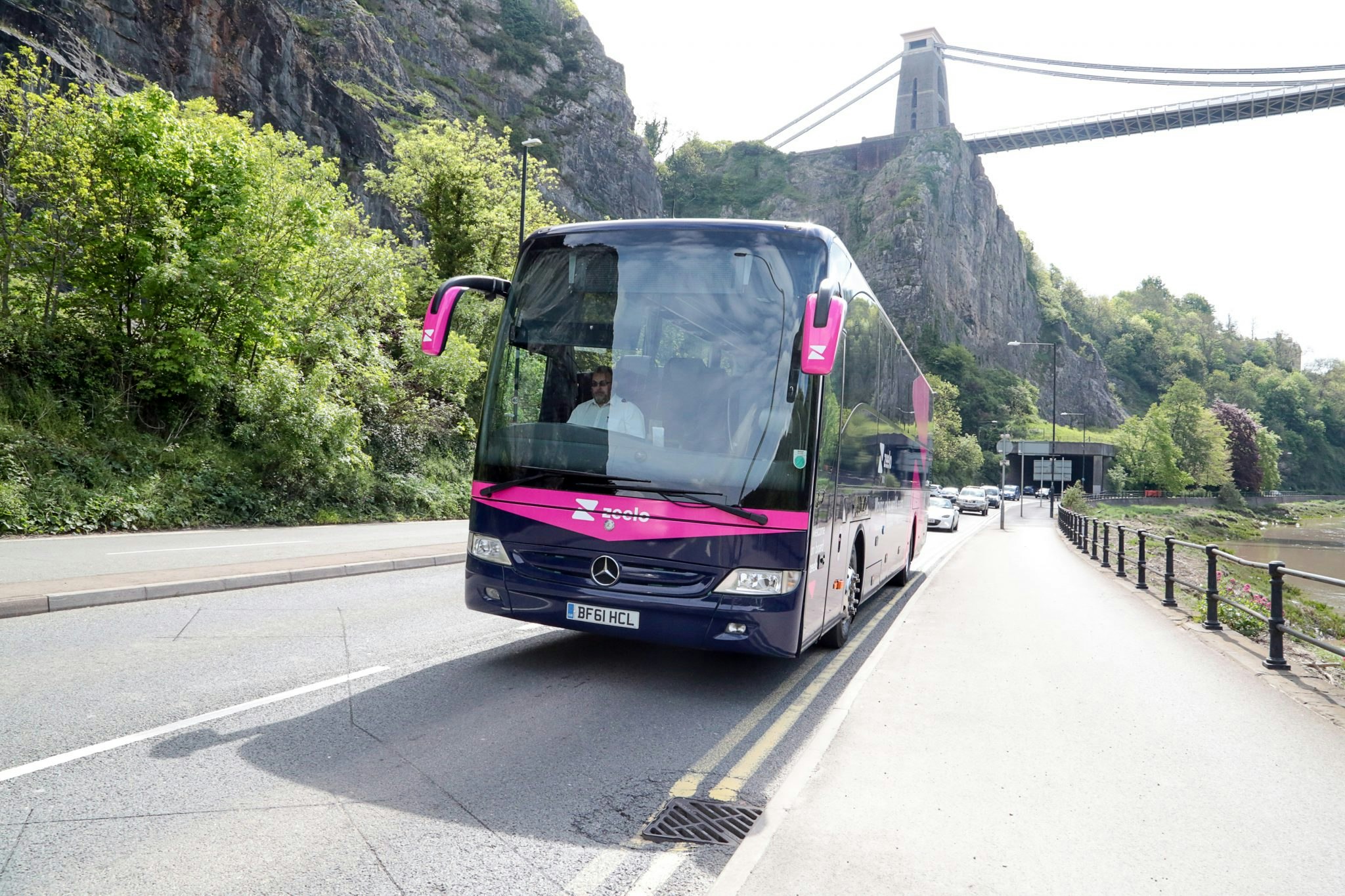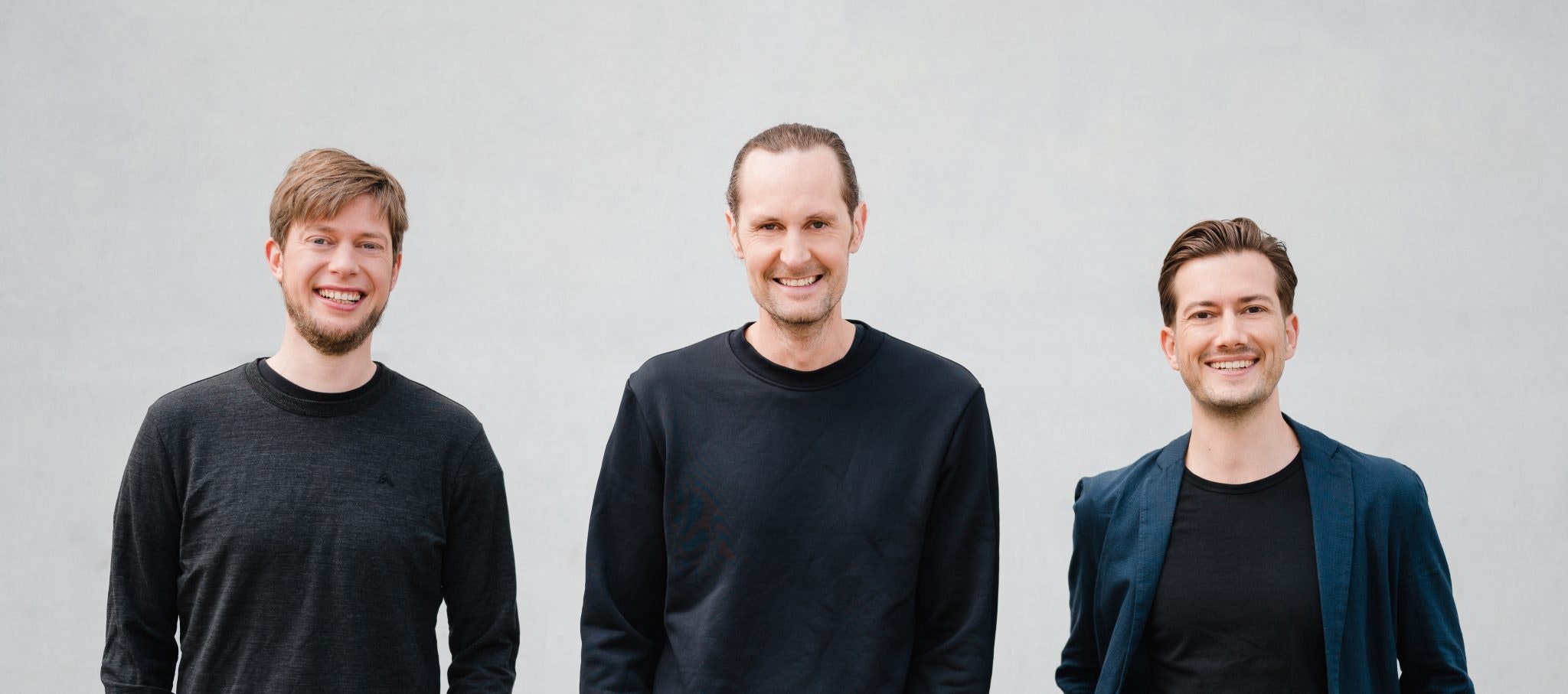As the home of the modern car, Germany has one of the most competitive transport sectors in the world — made even tougher as the global automotive industry faces a sustainability reckoning.
Sales of electric vehicles in Germany increased three-fold last year and the auto industry says it’s ready to meet tougher EU climate goals, with $6.5bn of funding being invested in electric car charging infrastructure.
2021 is already a record-breaking year for investment into European mobility startups at all stages, with almost €1bn more raised than the €1.2bn in all of 2019.
German startups are innovating for the future of mobility — whether that’s flying taxis, electric scooters or long-distance bus travel. We sifted through the biggest players on (and sometimes above) the Autobahn.
Sennder
In January, Berlin-based freight forwarder Sennder hit unicorn status after a $160m raise — making it one of the most valuable tech companies on the continent. In June, it raised an additional $80m.
Founded in 2015, the startup connects small to mid-sized trucking companies with shippers, aiming to reduce the number of return journeys trucks make while empty.
We want to increase the average utilisation of trucks. Today, one third of all trucks drive empty — mostly because information symmetry is crazy
“We want to increase the average utilisation of trucks. Today, one third of all trucks drive empty — mostly because information symmetry is crazy,” David Nothacker, Sennder’s chief executive and cofounder, told Sifted in January.
Sennder is one of several startups — including Zencargo in London and Freighthub in Berlin — that are on a mission to digitise a wildly outdated logistics sector, which is worth $427bn in Europe alone.
Sono Motors
Founded in 2016 by four friends in a garage in Munich, Sono is developing a fully electric vehicle that has solar cells in its bodywork. The Sion has a range of up to 305km and can be charged using solar power or from traditional power outlets.
Last month, the solar car startup filed for an initial public offering in the US, a listing which may value the company at more than $1bn.
Sono says it hopes to deliver its cars in early 2023 and aims to cash in on a worldwide push for greener transport.
Lilium
In a few years’ time, hailing a flying taxi might be as easy as getting an Uber. Or at least that’s what Munich-based startup Lilium is betting on.
The company is on the way to making one of the world’s first all-electric vertical take-off and landing (VTOL) jets.
This March, it unveiled a seven-seater aircraft and plans for a 2024 commercial launch. It raised $830m via a $3.3bn merger with Qell Acquisition Corp, a special acquisition company (or Spac) run by Barry Engle, former president of General Motors North America.
Tier
Where there’s mobility, we shouldn’t forget micro-mobility. Berlin-based Tier is one of the biggest providers. With $60m from Goldman Sachs the startup became Europe’s best-financed scooter company.
Launched in 2018, the company operates its electric scooters in Austria, Denmark, Finland, France, Germany, Norway, Poland, Qatar, Sweden, Switzerland, the UK and the UAE.
Germany is way off hitting that target, but Berlin-based startup Ubitricity is part of the effort to improve charging infrastructure
Tier says its new financing will go into expanding its existing fleet, including bicycles and mopeds. The startup also plans to expand its charging network by installing stations in retail stores across Europe and the Middle East.
Ubitricity
By 2025, over 7m EVs are expected to be on the road in Germany. That means up to 200,000 public chargers will be needed.
Germany is way off hitting that target, but Berlin-based startup Ubitricity is part of the effort to improve charging infrastructure. It’s developed a solution that allows street lights to be upgraded into EV charging stations at a low cost.
AUTO1 Group
When we think about innovation, we often think of new products. But used cars are a huge market too — with around 39m of them sold every year in Europe (compared to 17m new).
Within the market Berlin-based startup Auto1, a pan-European online marketplace for used cars, is a giant. It values and buys used cars from individuals, dealers and manufacturers, before selling them for a profit.
The company is worth an estimated €3bn and has taken in €1bn from Japanese conglomerate SoftBank. Since 2012, it’s expanded into 30 countries.
FlixMobility
Electric green buses are a common sight across Europe and they’re likely to belong to FlixMobility, the German unicorn that has been serving routes since 2013.
FlixMobility operates a bit like Uber, in that it’s a mobility service that doesn’t actually own any vehicles. While not as glam as flying taxis, the startup has tried to jazz up bus travel with free wifi and a funky app.
It’s also more eco-friendly. The startup’s chief information officer Daniel Krauss told Sifted he avoids flying whenever possible for environmental reasons, preferring to travel by bus or train.
We wanted to do something that moves people and society
“We wanted to do something that moves people and society,” says Krauss. “Now that’s literally moving people, but we didn’t know it when we started.”
In June, the company raised over $650m at a $3bn valuation to expand into the US. Last month, it acquired Greyhound, the largest provider of long-distance bus travel in the US.
Collaboration
But of course Germany isn’t the only country with a booming mobility startup sector. Other countries such as Sweden are home to companies that present exciting opportunities for collaboration.
Some Swedish startups in this space to watch include electric taxi startup Bzzt, smart EV charging startup Charge Amps, electric bike company CAKE, electric moped manufacturer Vässla and electric road system Elonroad.
With emobility and charging infrastructures important for both Germany and Sweden, working together could produce new innovations and market leaders.
To find out more about the mobility innovators moving us around the world — and into the future — join Business Sweden’s “Swedish-German Mobility Innovation Days 2021” event in Berlin to learn about how German auto expertise and Swedish green innovation can learn from each other.



